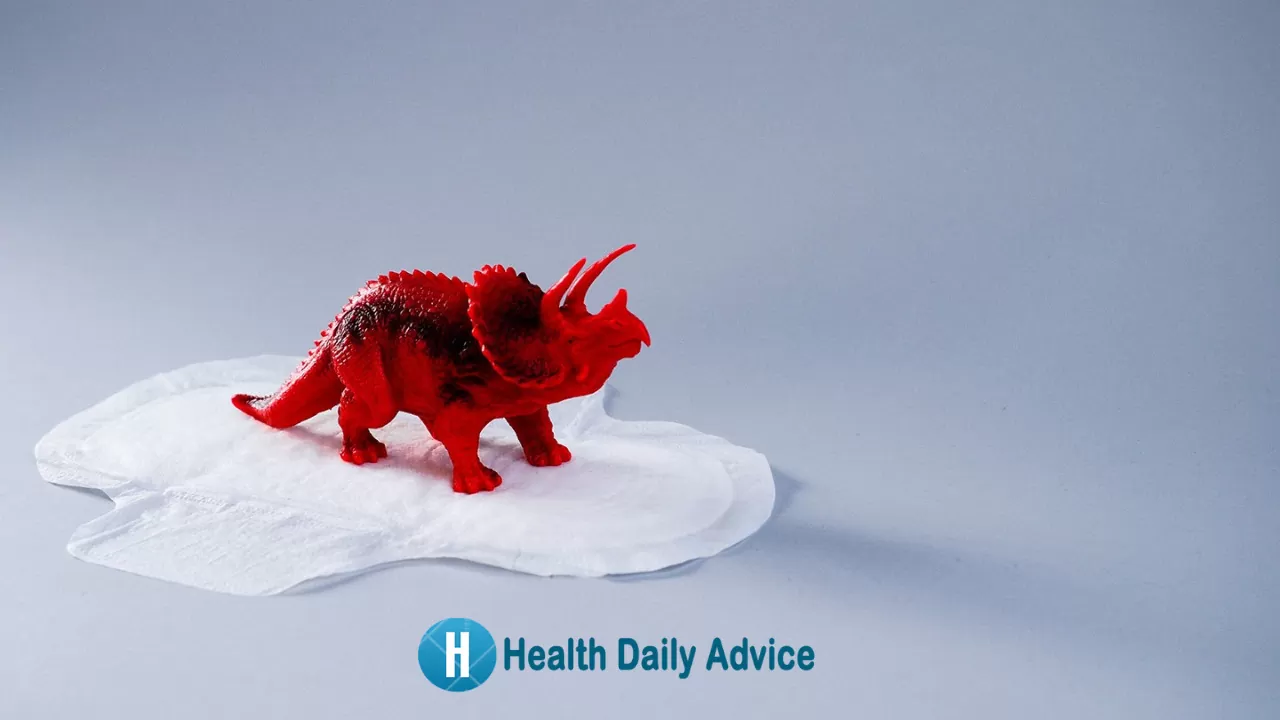Introduction
How To Know If Your Period is Too Heavy
As a woman, understanding the nuances of your menstrual cycle is crucial for maintaining overall health. One significant aspect to be aware of is whether your period is within the normal range or if it falls into the category of being too heavy. This article delves into the signs, symptoms, causes, and treatment options associated with heavy periods.
What is a Heavy Period?
A heavy period, medically termed menorrhagia, involves an excessive amount of bleeding during the menstrual cycle. If you find yourself changing your tampon or pad every hour or experiencing a period lasting longer than seven days, it may be indicative of a heavy period. Possible causes include hormonal imbalances, uterine fibroids, or polyps.
Signs and Symptoms
- Soaking through a tampon or pad every hour or less
- Needing to double up on pads or tampons to avoid leaks
- Passing large blood clots
- Experiencing fatigue or shortness of breath due to blood loss
- Feeling lightheaded or dizzy
Causes of Heavy Periods
- Hormonal Imbalances: Fluctuations in hormones can disrupt the regularity of your menstrual cycle.
- Uterine Fibroids or Polyps: Non-cancerous growths in the uterus can contribute to heavy bleeding.
- Adenomyosis: The lining of the uterus grows into the muscular wall, causing increased menstrual bleeding.
- Pelvic Inflammatory Disease (PID): Infections affecting the reproductive organs may lead to heavy periods.
- Thyroid Problems: Disorders of the thyroid gland can impact the menstrual cycle.
- Endometriosis: Tissue similar to the uterine lining grows outside the uterus, causing heavy bleeding.
When to See a Doctor
If you’re encountering the symptoms mentioned above or have concerns about your menstrual cycle, scheduling an appointment with your healthcare provider is crucial. A professional evaluation can determine whether your period is excessively heavy and uncover any underlying medical conditions.
Diagnosis
Medical professionals may conduct a pelvic exam, blood tests, ultrasound, or biopsy to diagnose the cause of heavy periods. These diagnostic tools provide a comprehensive understanding of your reproductive health.
Treatment Options
There are several treatment options available for heavy periods, depending on the cause. Your doctor may recommend:
Medications
- Nonsteroidal Anti-Inflammatory Drugs (NSAIDs): Effectively reduce pain and inflammation.
- Hormonal Birth Control: Regulates the menstrual cycle.
- Tranexamic Acid: Helps in reducing excessive bleeding.
Surgical Options
- Endometrial Ablation: Removes the lining of the uterus.
- Hysterectomy: Surgical removal of the uterus.

Conclusion
It’s important to pay attention to your menstrual cycle and know what’s normal for you. If you are experiencing heavy periods, don’t hesitate to schedule an appointment with your healthcare provider. They can help determine the cause and recommend the best treatment options for you.
FAQs – Frequently Asked Questions
Yes, stress can cause hormonal imbalances that lead to heavy periods.
Yes, heavy periods do not necessarily mean you are infertile.
You can manage heavy periods by using menstrual cups or pads with higher absorbency, taking NSAIDs to reduce pain and inflammation, and talking to your healthcare provider about hormonal birth control.
No, heavy periods can be caused by several factors, including hormonal imbalances or stress.
While heavy periods may not be able to be cured, they can be managed through medication or surgery.
Note:
So in This Post, How To Know If Your Period is Too Heavy What You Need to Know What other points can you think of/have experienced? Let me know in the comments.
If you found this helpful feel free to share your experience if you can relate to these points and if you are comfortable share
For More Articles Related to Periods Stay Tuned To our Site: Health Daily Advice
For more of the Latest Information about Periods Please Also Visit: All About Periods (for Teens)










